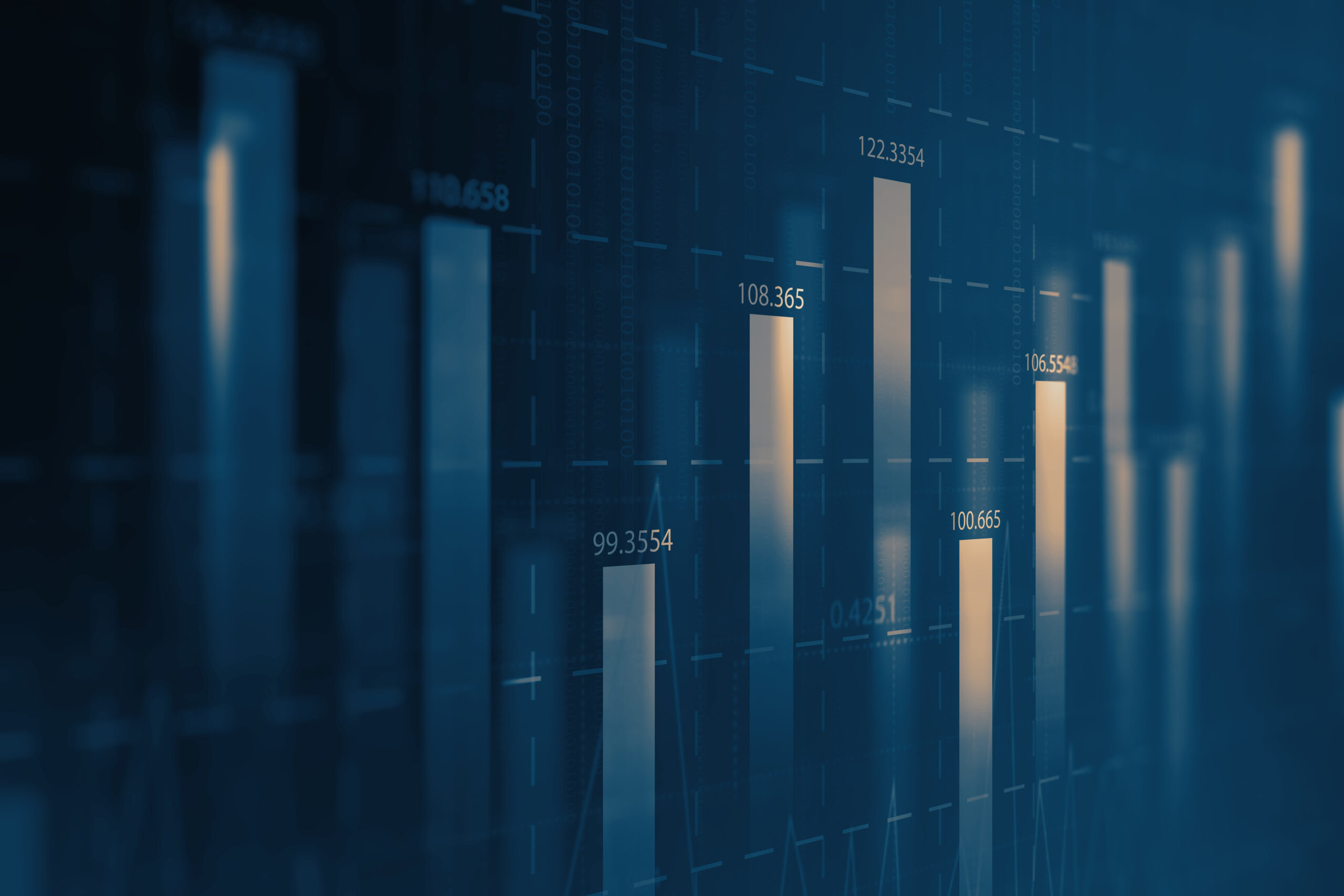Some of the best equity market returns are
when economies are in recession
Politics
UK political developments continued to take centre stage in the quarter. We now have another new Prime Minister, another new Chancellor and a complete reversal of the “mini-budget” announced at the end of September. The Autumn Statement in November further stabilised investors’ confidence in UK finances. The government U-turn has been welcomed by markets with sterling recovering from its lows, UK government bond (Gilts) prices picking up and global stock markets bouncing back from depressed levels.
Inflation and Interest Rates
Against this backdrop the Bank of England (BoE) and Federal Reserve (Fed) continued their strategy to fight off inflation and moved interest rates higher again. In the UK interest rates are now at the highest level since 2008 at 3.5%. Both the BoE and Fed have recently signalled that perhaps a lot of the heavy lifting has now been done and the speed of interest rate increases seems ready to slow. This seems more likely in the US with the Fed being more aggressive in increasing interest rates coupled with data highlighting that inflation has peaked and is now on its way down. That argument is slightly harder in the UK with Consumer Price Inflation (CPI) hitting a fresh 40 year high at over 11% during November.
Global central banks are in a tricky place because they are trying to maintain moderate inflation AND keep the economy on track. Increasing interest rates combats inflation but with economic growth slowing, you would typically expect central banks to be cutting interest rates. As we move through 2023 inflation will likely be moderating but economic growth may also weaken. Therefore, central banks’ attention is likely to shift from combatting inflation to supporting the economy and in doing so the risk of interest rates continuing to move higher looks unlikely.
Global Stock Markets
One of the best performing major global stock markets during the quarter was the Hang Seng (Hong Kong stock market) which was supported by China taking a number of steps to address both the zero Covid strategy and troubled property market sector. Both have been a key headwind to global and Chinese growth in 2022 which has left the stock market very lowly valued. When stock markets turn, that bounce can occur quickly and as they have already fallen so far the magnitude of the recovery could surprise. The quarter ended with a high number of Covid cases being reported and international travel restrictions (testing) being rolled out.
Summary
In summary, it has been a better period for investment markets. The starting place for 2023 is at a time when a lot of the pressures that drove the volatility appear to be easing; the China Covid strategy, inflation and interest rates. On top of this, valuations are at one of the most attractive points observed over the least 20 years. Markets tend to move ahead of the economy by between six and twelve months. This means that it can feel pretty awful at ground level but markets can perform strongly. In fact, some of the best equity market returns are when economies are in recession.
The content in this publication is for your general information and use only and is not intended to address your particular requirements. Articles should not be relied upon in their entirety and shall not be deemed to be, or constitute, advice. Although endeavours have been made to provide accurate and timely information, there can be no guarantee that such information is accurate as of the date it is received or that it will continue to be accurate in the future. No individual or company should act upon such information without receiving appropriate professional advice after a thorough examination of their particular situation. We cannot accept responsibility for any loss as a result of acts or omissions taken in respect of any articles. Thresholds, percentage rates and tax legislation may change in subsequent Finance Acts. Levels and bases of, and reliefs from, taxation are subject to change and their value depends on the individual circumstances of the investor. The value of your investments can go down as well as up and you may get back less than you invested. Past performance is not a reliable indicator of future results.
